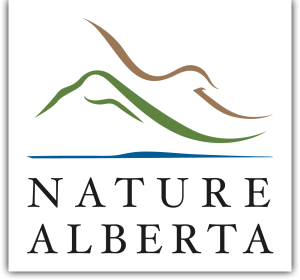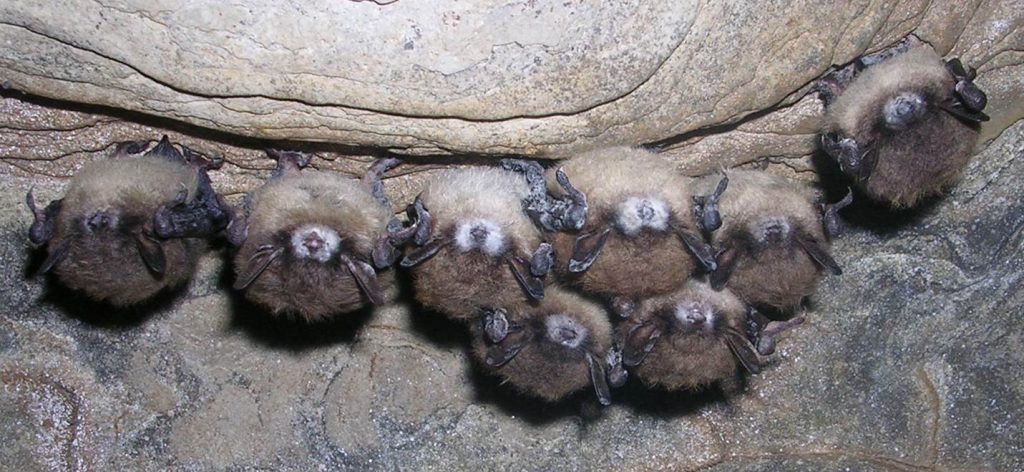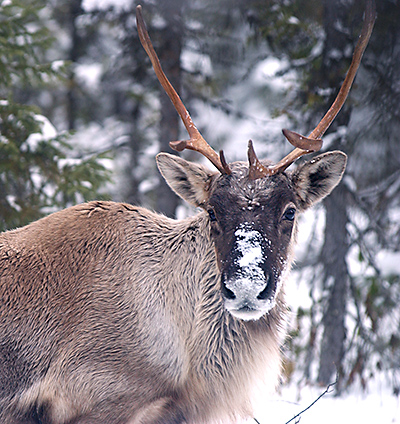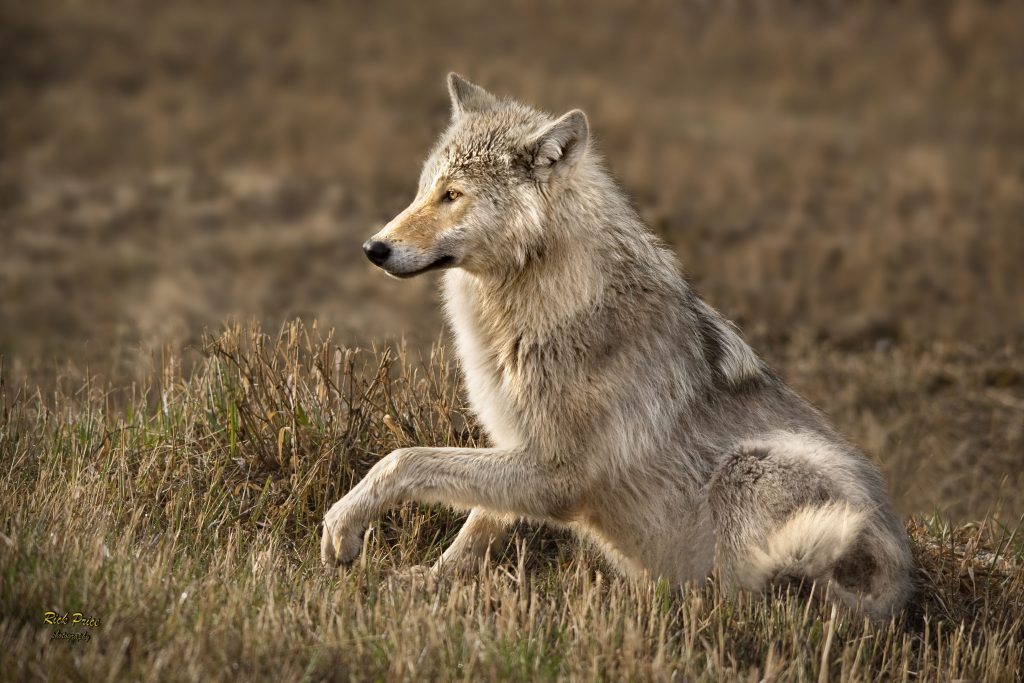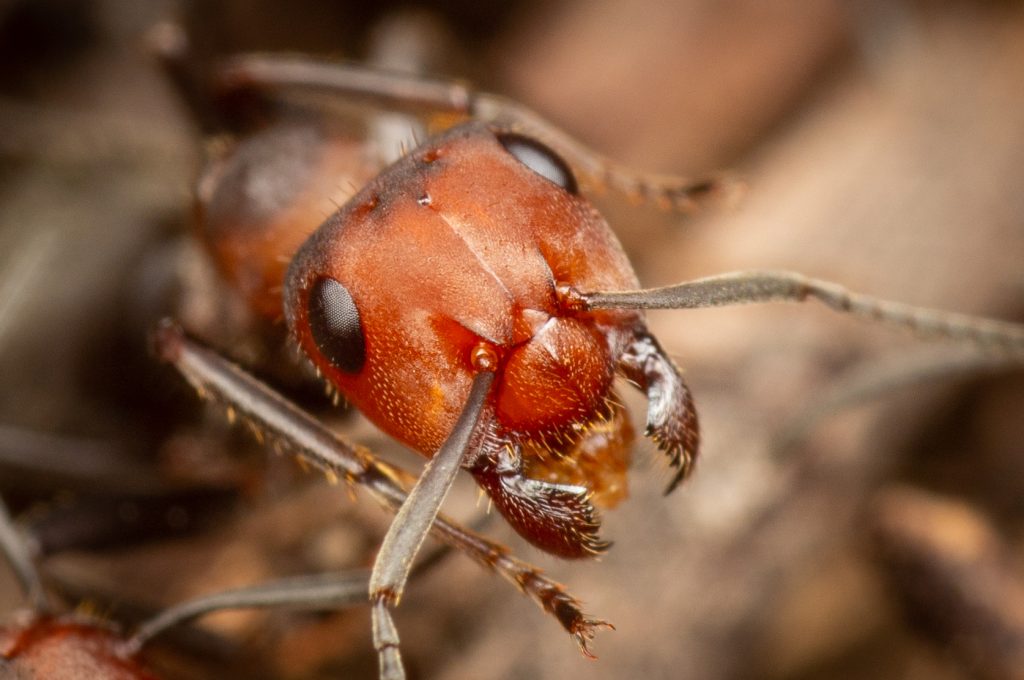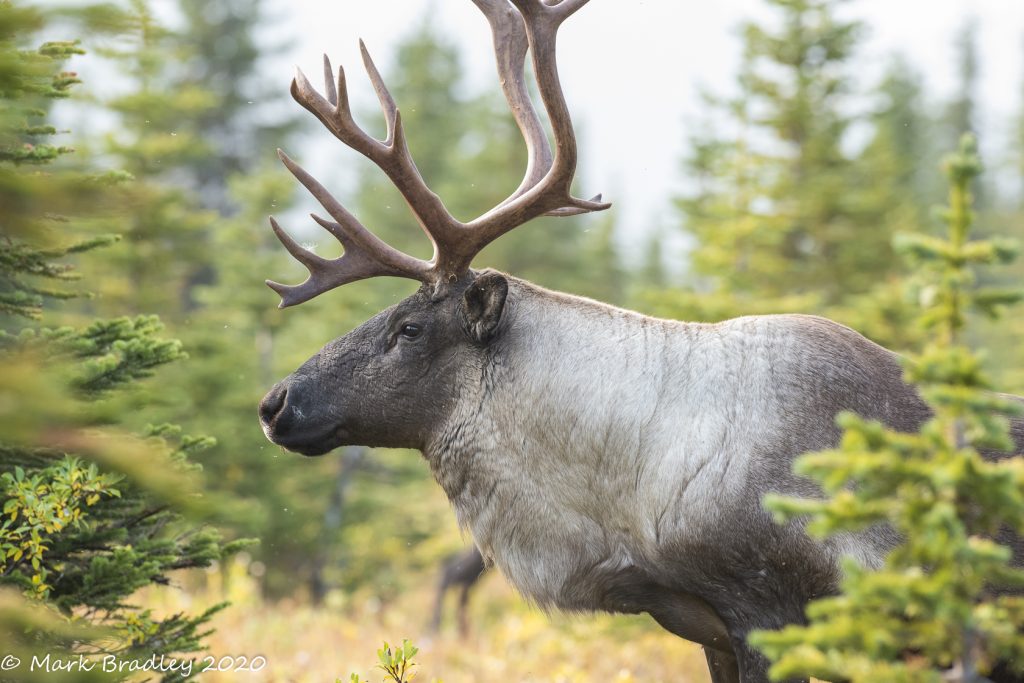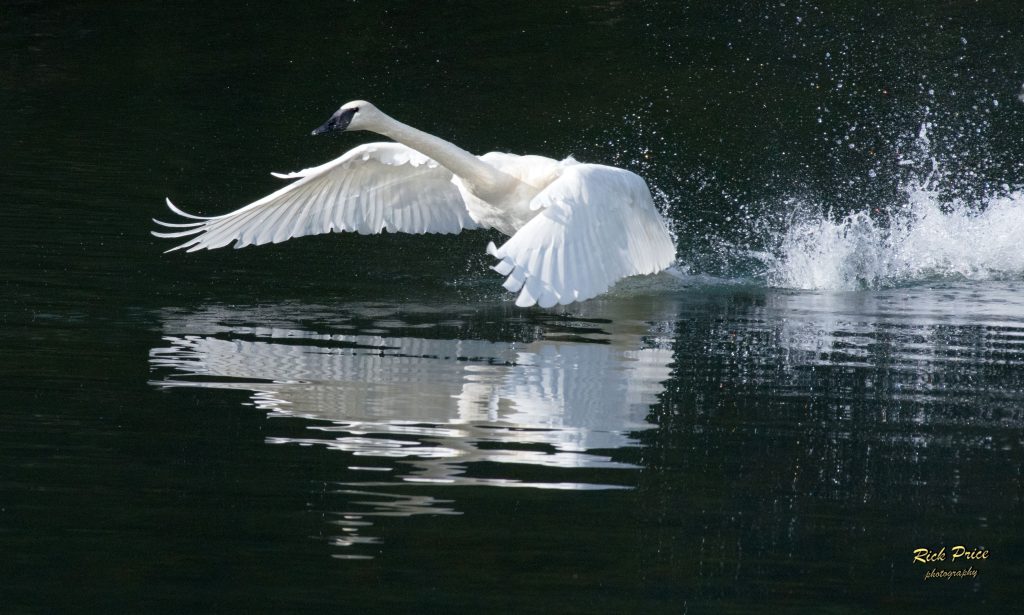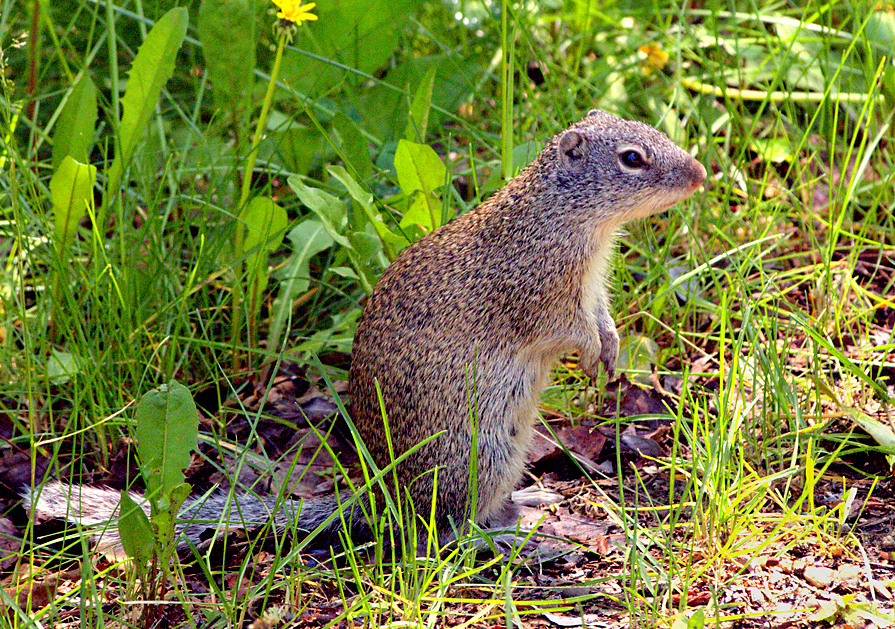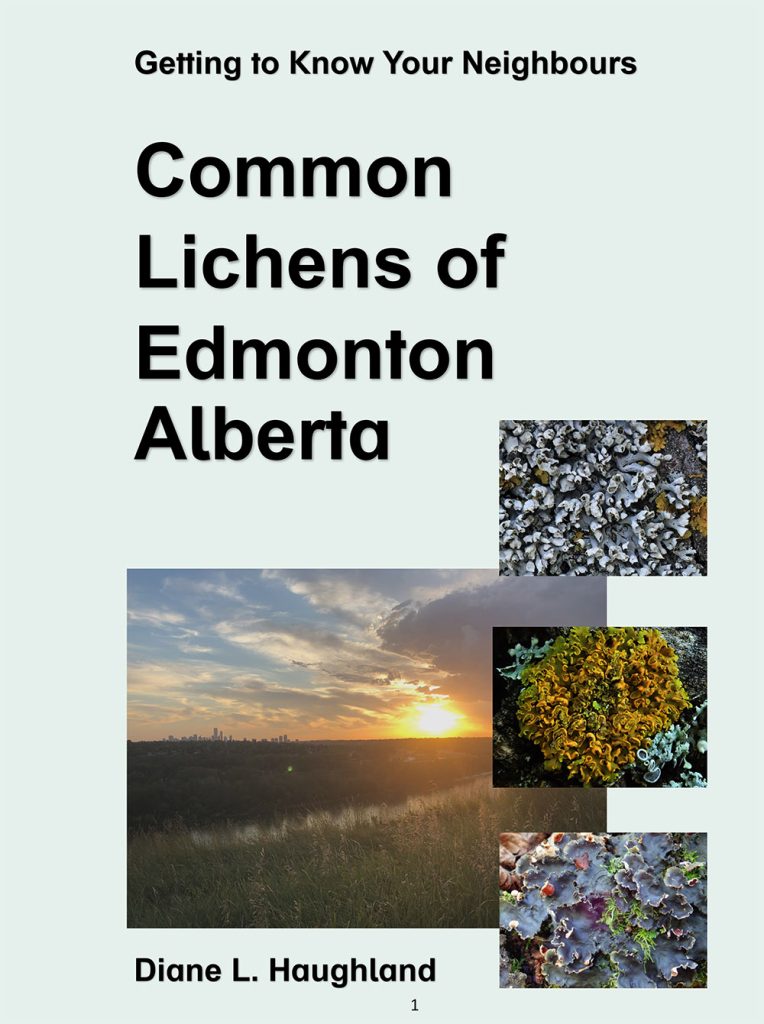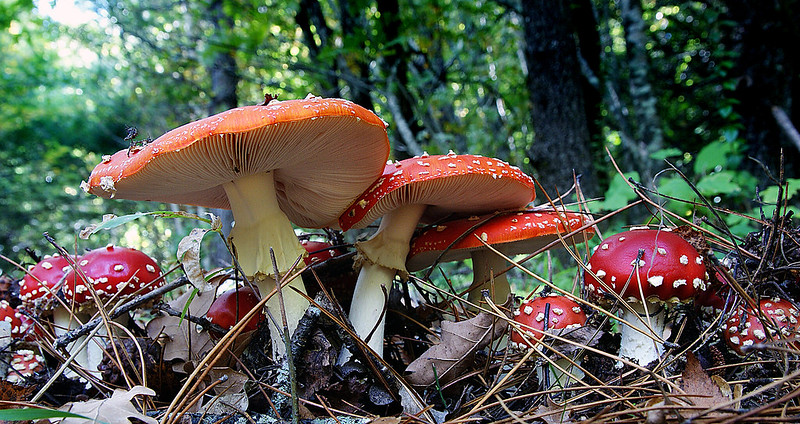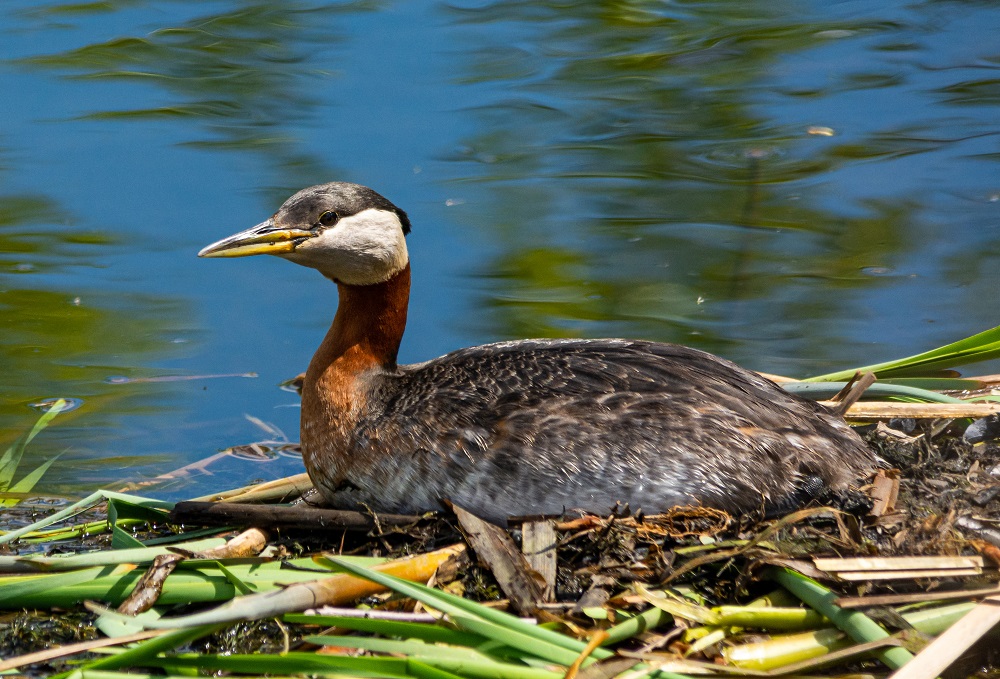Featured Species
Deadly Fungus Adds to Bat Conservation Concerns
BY CORY OLSON
While bats have a remarkable ability to manage energy reserves, only a few can withstand the devastating impacts of white-nose syndrome (WNS), a disease caused by a fungus, Pseudogymnoascus destructans, that grows on bats during hibernation, which will lead to more frequent arousals during the winter, depletion of energy stores, and eventual starvation.
Read MoreThe Long and Winding Road to Caribou Recovery in Alberta
Recorded Presentation
Speaker: Dr. Richard Schneider
Host: Nature Alberta
Delta Dawn with the Wolves of Wood Buffalo National Park
BY ERIN MCCLOSKEY
Wood Buffalo National Park was established in 1922 to protect what remained of Canada’s wood bison. Today, exactly 100 years later, the park supports a population of approximately 3,000 bison, which coexist alongside their natural predator, the wolf. The core range of the park is quite possibly the only place where bison are wolves’ primary prey.
Read MoreExploring the Amazing World of Ants
BY JAMES GLASIER
Ants are an integral and ever-present part of Alberta landscapes. Besides being resilient, ants are diverse, numerous, and ecologically important. In this article we take a deep dive into the ants of Alberta.
Read MoreAction for an Icon
BY RICHARD SCHNEIDER
Why do Alberta’s Caribou Keep Declining, and What Can We Do About It?
Despite the woodland caribou’s high profile and the millions of dollars we’ve poured into research, the caribou’s story is one of progressive decline. Here, Richard explores the key challenges that make caribou conservation so difficult and provides an unvarnished perspective on what needs to change.
Read MoreThe Recovery of Trumpeter Swans in Alberta
BY NICK CARTER
Historically, trumpeter swans were found throughout Alberta. But by the early 1900s, the species was near extinction, mainly because of overhunting. Through concerted conservation efforts, the population is now well on its way to recovery – an amazing conservation success story.
Read MoreCitizen Scientists Come to the Aid of the Tenacious Franklin’s Ground Squirrel
BY GILLIAN CHOW-FRASER AND RICHARD SCHNEIDER
In Alberta, the status of Franklin’s ground squirrel has still not been determined. The provincial government maintains that there is not enough information to say whether the population is stable or imperiled. In the spring of 2022, Nature Alberta initiated a citizen science project to help fill some of the data gaps. The results are presented here.
Read MoreWhat Lies Beneath: The Hidden Life of Fungi
BY HEATHER ADDY
Fungi are often overlooked because many of them spend much of their lives hidden from us, and out of sight means out of mind. While all fungi share certain features, these organisms display remarkable diversity. Here, we’ll focus on fungi that form mushrooms and other large, complex fruiting bodies.
Read MoreAlberta Red-necks — Grebes, That Is
BY NICK CARTER
Although the courtship of red-necked grebes is one of nature’s great shows, it often goes unappreciated. The same goes for other grebe species. These birds generally do not inspire the same sense of northern majesty that loons do. Nor are they synonymous with Alberta wetlands the way ducks and geese are. But grebes are just as much a part of our lakes and ponds as all those other birds.
Read More